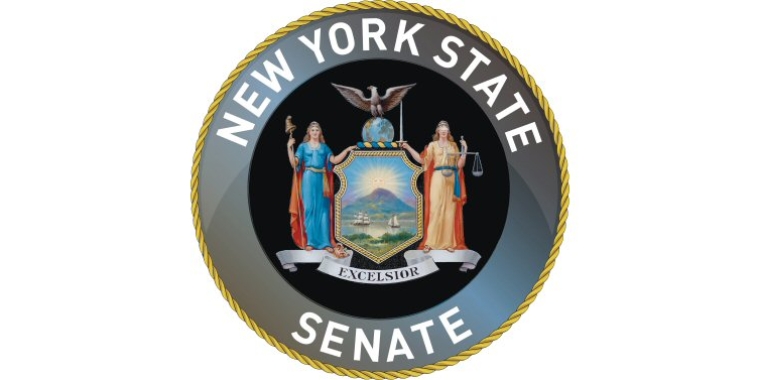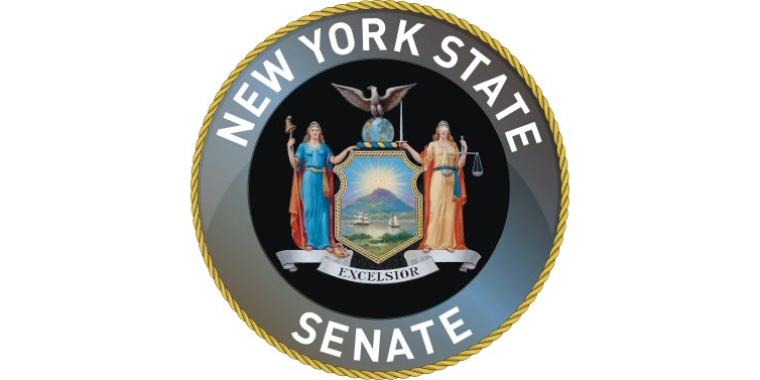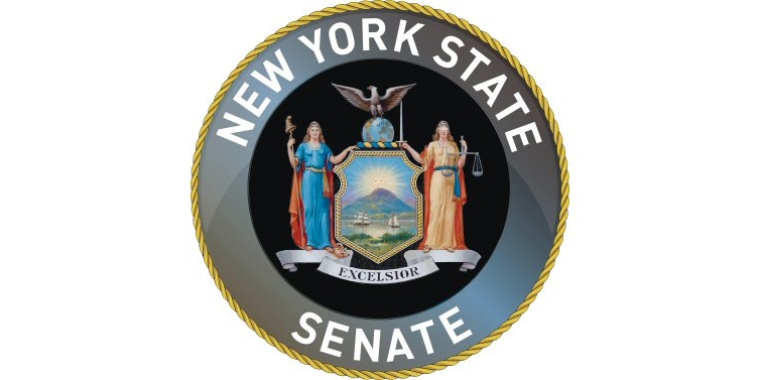
Legislation Passed To Combat The Rise of Deadly Synthetic Cannabinoids, Other Dangerous Drugs
April 27, 2017
ALBANY – Devastating drugs with life-altering consequences, synthetic cannabinoids have grown in prevalence in recent years because of their unchecked legal status.
According to a report released last year by the Senate, synthetic cannabinoids have been the catalyst for the hospitalization of more than 6,000 residents and cost taxpayers approximately $22.7 million in 2015.
To combat these and other dangerous drugs’ deadly impact, Senator Catharine Young (R,C,I- 57th District) voted this week to pass a package of public-health bills to add new drugs to the list of controlled substances and impose harsher penalties for the possession and distribution of these drugs.
“Synthetic drugs often come with flashy street names that hide their true contents. Dealers have also taken to lacing batches of illegal drugs with these synthetics, increasing potency and causing users to be unsure about what they have taken. These drugs can have severe health consequences, especially for young people in our community. Even worse, the long-term medical complications are relatively unknown, because many of these drugs do not have a long history and are being used for purposes outside of their originally developed intent,” said Senator Young.
It has been established that synthetic cannabinoids’ addictive nature is particularly harmful because there are not medications or therapies currently tailored for addiction treatment. Users who attempt to stop using synthetic cannabinoids often experience headaches, anxiety, depression and irritability.
“Current law has not been able to keep pace with conniving drug dealers. We need to get these poisons, and those who peddle them, off our streets. No one should mistake these drugs for anything other than deadly, illegal substances and the Senate’s legislative package will keep our children safe and effectively combat this growing public-health crisis,” said Senator Young.
The Senate-approved legislation would outlaw new drugs that currently evade our existing laws, ban chemicals that mimic controlled substances, and expand access and use of a prescription database to better inform physicians treating patients.
The legislative package included seven bills:
- Senate Bill 3518 - Classifies synthetic cannabinoids (the herb-like products that contain synthetic cannabinoids often known as K2, Spike 99, Spice, Yucatan Fire, Genie, Zohai and many others) as Schedule I controlled substances.
- Senate Bill 300 – Classifies Xylazine, a veterinary sedative primarily used on horses, which has been increasingly laced into heroin, a schedule III controlled substance.
- Senate Bill 658 – Adds U-47700 as a schedule I opiate. A new synthetic opiate, U-47700, is commonly referred to as “Pink” and it is reportedly eight times more powerful than heroin. However, a dose is available for purchase over the internet for as little as $5.
- Senate Bill 816 – Designates alpha-PVP, its salts, optical isomers and salts of optical isomers, as schedule I stimulant controlled substances. Similar to bath salts and methamphetamines, this newly developed drug is a chemical cousin of cathinone, and often results in the user experiencing powerful reactions and often violent behavior.
- Senate Bill 933 – Adds certain Fentanyl derivatives as controlled substances, matching the federal standards. The legislation also incorporates the use of fentanyl derivatives in certain substances as criminal sale of a controlled substance in the second and first degrees. Fentanyl has become increasingly popular with drug dealers who mix the cheaper drug with heroin in order to produce a cheaper product, often resulting in a lethal combination.
- Senate Bill 2639 – Helps treating physicians gain a more complete patient health history by requiring hospital and emergency room physicians to consult the Prescription Monitoring Program (PMP) Registry and to notify a patient’s prescriber that a patient is being treated for a controlled substance overdose.
- Senate Bill 2722 – Enhances tools for state drug and law enforcement agencies and individuals by providing that a controlled substance analogue shall be deemed to be the controlled substance if it is substantially similar or mimics another controlled substance.
Share this Article or Press Release
Newsroom
Go to NewsroomStatement from NYS Senator Catharine M. Young (R,C,I-57th District)
February 28, 2019
Town of Mansfield Slated to Receive $300,000 State Grant
February 27, 2019

Senator Young Secures $125,000 for Town of Ripley
February 27, 2019

